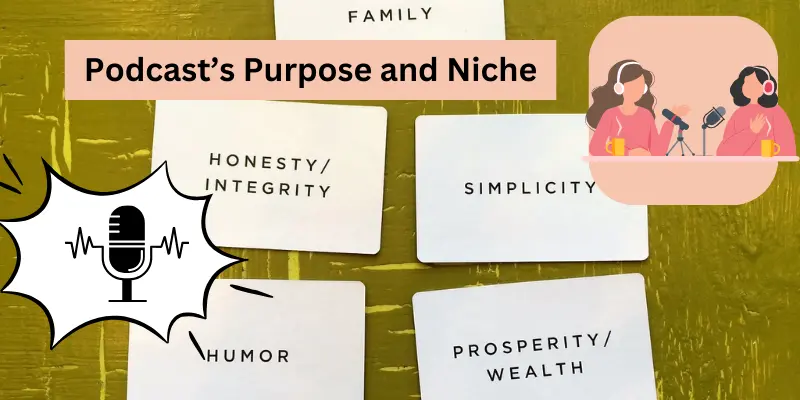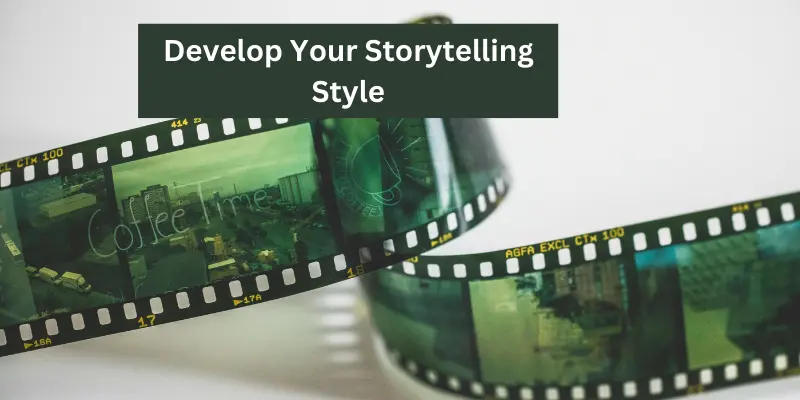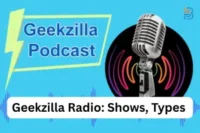What’s the Story Podcast step-by-step guide in 2025
Published: 16 Jan 2025
Introduction:
Storytelling podcasts are more popular than ever. They connect people, inspire emotions, and transport listeners to different worlds. Whether it’s sharing true stories, weaving fictional tales, or exploring the human condition, podcasts offer a unique medium for storytellers.
If you’re ready to start your own storytelling podcast, this guide will show you how to craft a show that stands out and resonates with your audience. What’s the Story Podcast
Define Your Podcast’s Purpose and Niche

Before diving into equipment and recording, clarify your podcast’s purpose and niche. what is a podcast
Why Are You Starting This Podcast?
Consider what drives you. Are you passionate about personal stories, uncovering hidden histories, or creating fictional narratives? Your purpose will shape your podcast’s tone and content.
Choose a Specific Niche:
In a sea of podcasts, specificity is key. For example:
- “True stories of resilience and hope.”
- “Fictional thrillers inspired by urban legends.”
- “Interviews with unsung community heroes.”
- Having a clear focus helps attract a loyal audience who knows what to expect. advantages of podcast
Create a Memorable Podcast Name and Brand
Your podcast name is your first impression. Make it count.
Tips for Naming Your Podcast:
- Keep it short, catchy, and easy to spell.
- Reflect your theme or tone (e.g., “Snap Judgment” or “The Moth”).
- Avoid overly generic names.
- Design a Strong Visual Brand: what’s your story
- Invest in a professional logo that represents your storytelling theme.
- Use a consistent color palette and font style across your platforms.
- Make your podcast cover art eye-catching for browsing apps like Spotify or Apple podcasts.
Develop Your Storytelling Style

Great storytelling is an art. Here’s how to hone it:
Engage Your Audience Early:
Start with a hook that grabs attention—pose a question, share an intriguing fact, or dive right into the action. grow your podcast
Create Relatable Characters:
Whether your stories are personal or fictional, relatable characters are key. Listeners should feel emotionally connected.
Master the Art of Pacing:
Balance details with momentum. Keep the story moving while building suspense and emotional depth.
End with Impact:
Craft endings that leave your audience reflecting, laughing, or eagerly awaiting your next episode.
Invest in Quality Equipment
Audio quality is crucial for podcast success. Here’s what you’ll need:
Microphone:
Dynamic microphones (e.g., Shure SM58) are great for beginners.
Condenser microphones offer richer sound but may pick up background noise.
Audio Interface:
Connect your microphone to your computer with a quality interface like the Focusrite Scarlett.
Headphones:
Use closed-back headphones for editing to catch subtle sound details.
Recording Software:
- Free options: Audacity or GarageBand.
- Professional options: Adobe Audition or Pro Tools.
| Quick Quiz: What’s Your Storytelling Podcast Style? |
|---|
A) Heartfelt A) Personal experiences Mostly A: Personal Stories |
Plan Your Episodes Like a Pro
Outline Each Episode: Start with an intro, main content, and a strong conclusion or takeaway.
Stick to a Theme: Ensure each episode focuses on a single, clear topic or story.
Batch Record Episodes: Record multiple episodes at once to save time and maintain consistency.
Set Consistent Lengths: Keep your episodes within a predictable range (e.g., 20–40 minutes).
Use a Template: Follow a repeatable structure (e.g., intro → content → Q&A → outro).
Incorporate Listener Input: Include Q&A or listener-submitted stories for engagement.
Plan for Special Events: Create themed episodes for holidays, trends, or milestones.
Prepare Backup Content: Record evergreen episodes that can be released during busy periods.
Add Breaks and Transitions: Use music or sound effects to segment your content smoothly.
Always End with a CTA: Encourage listeners to subscribe, review, or interact after each episode.
Edit for Perfection
- Trim Filler Words: Remove unnecessary pauses, “um,” and “uh” for clarity.Balance Audio Levels: Ensure voices and music are clear and even. Add Intro/Outro Music: Create a polished start and end for each episode.Enhance Sound Quality: Use noise reduction and audio enhancements for a professional feel.Include Transitions: Use music or sound effects to smoothly segment content.Double-Check Timing: Keep the flow tight and engaging without dragging. What’s the Story Podcast
Publish and Promote Your Podcast
Once your episodes are ready, it’s time to launch!
- Choose a Podcast Hosting Platform:
- Platforms like Buzzsprout, Podbean, or Anchor distribute your episodes to popular directories.
Optimize for SEO:
- Write compelling titles and descriptions for each episode.
- Use relevant keywords (e.g., “storytelling podcast,” “inspiring stories”).
- Engage on Social Media:
- Share snippets, quotes, or behind-the-scenes content on Instagram, Twitter, or TikTok.
Collaborate with Other Podcasters:
Cross-promote with podcasts in similar niches to grow your audience.
Engage Your Audience
Building a loyal listener base requires active engagement.
Encourage Listener Interaction:
Ask for story submissions from your audience.
Include Q&A segments based on listener questions.
Create a Community:
Use platforms like Discord, Facebook Groups, or Reddit to connect with fans.
Request Reviews:
Positive reviews boost your podcast’s visibility on platforms like Apple Podcasts.
Conclusion:
Starting a storytelling podcast is an exciting journey. By defining your niche, developing your storytelling style, and prioritizing quality, you’ll create episodes that captivate and inspire. Remember, every great podcast starts with a single idea and the courage to share it.What’s the Story Podcast So, grab your mic and start telling your story—it’s time to connect with the world, one listener at a time.
How long should a storytelling podcast episode be?
The ideal length varies, but 20–40 minutes is a sweet spot for keeping listeners engaged without losing their attention. Longer episodes can work if the content is compelling and well-paced.
How can I attract more listeners to my storytelling podcast?
Focus on crafting engaging titles, promoting episodes on social media, and collaborating with other podcasters. Consistency in publishing and interacting with your audience also helps build a loyal fan base.

- Be Respectful
- Stay Relevant
- Stay Positive
- True Feedback
- Encourage Discussion
- Avoid Spamming
- No Fake News
- Don't Copy-Paste
- No Personal Attacks

- Be Respectful
- Stay Relevant
- Stay Positive
- True Feedback
- Encourage Discussion
- Avoid Spamming
- No Fake News
- Don't Copy-Paste
- No Personal Attacks






